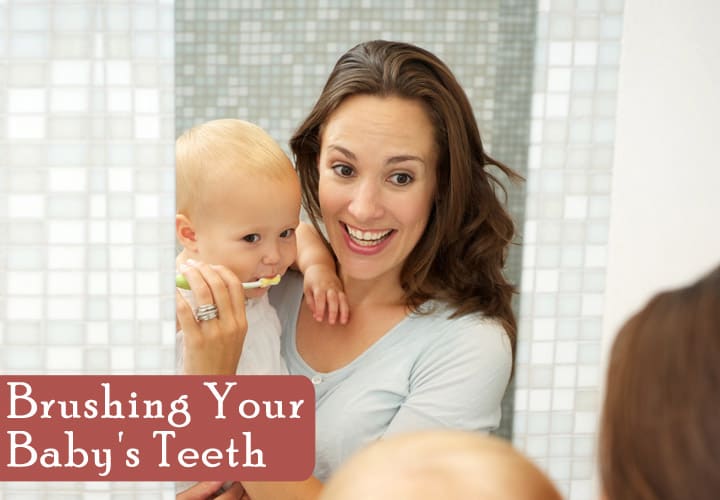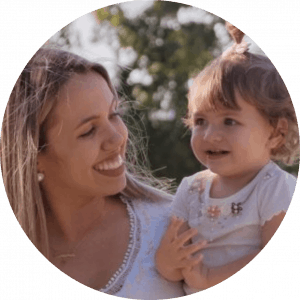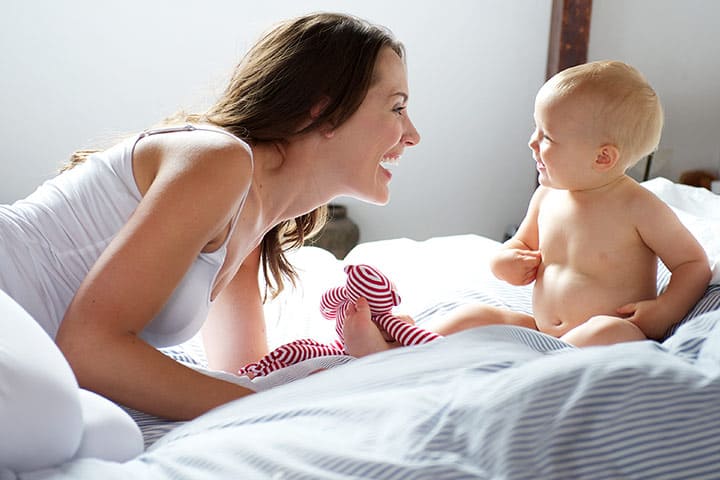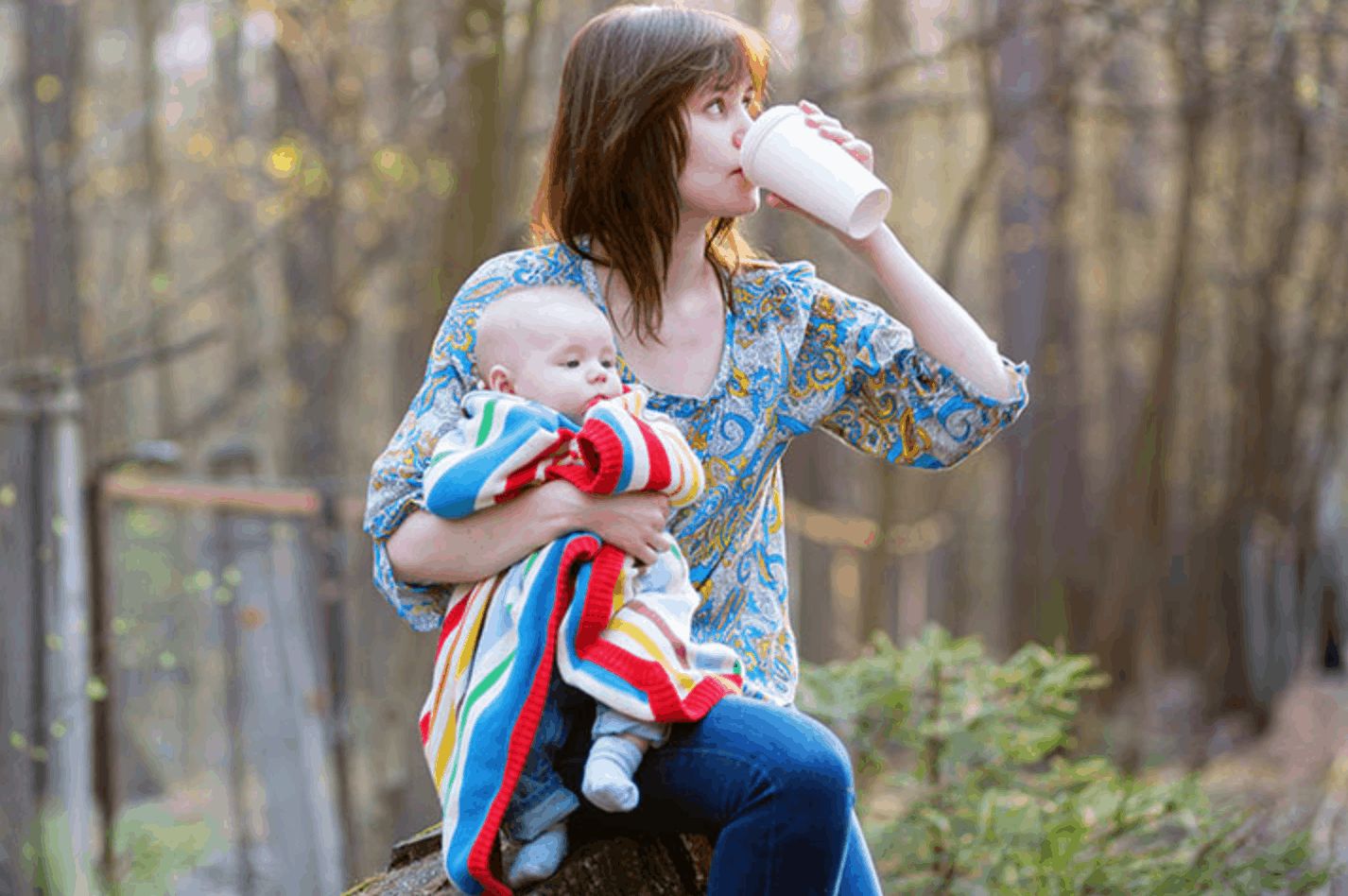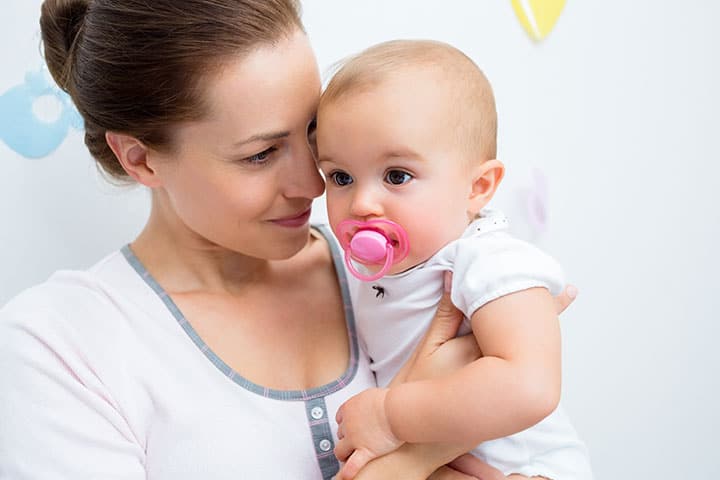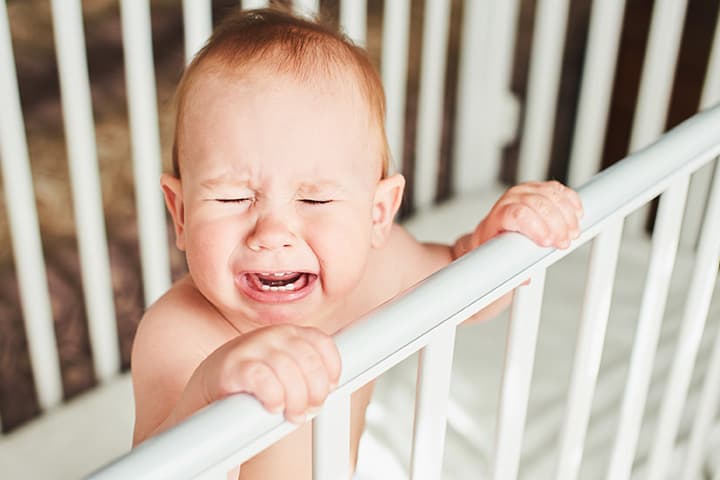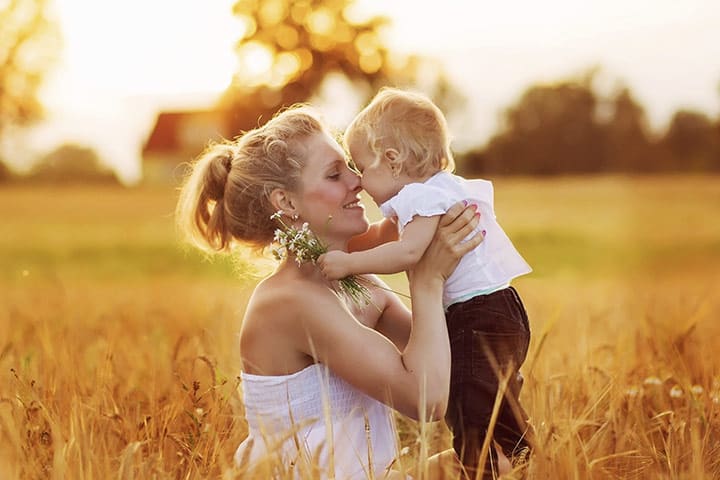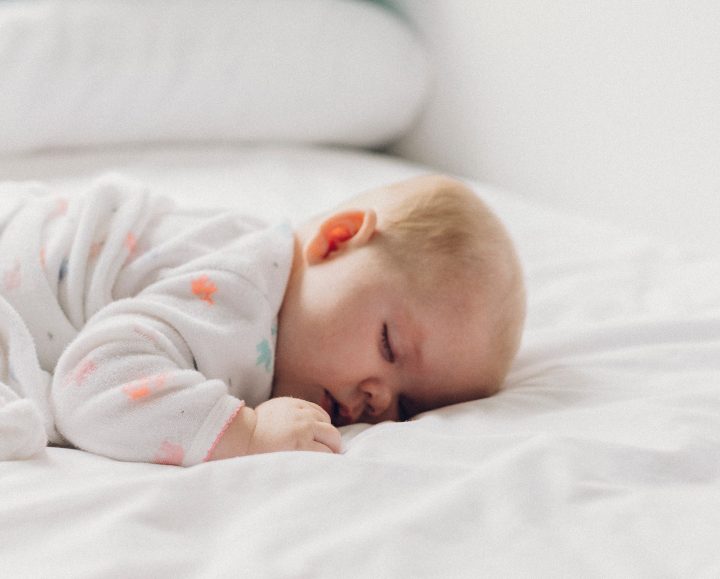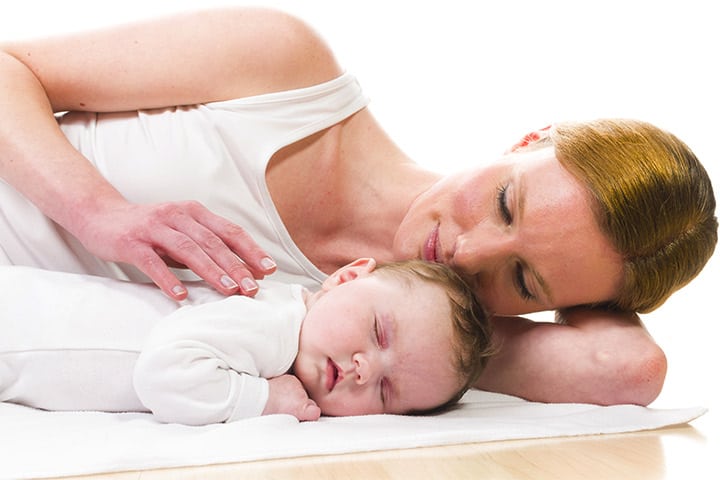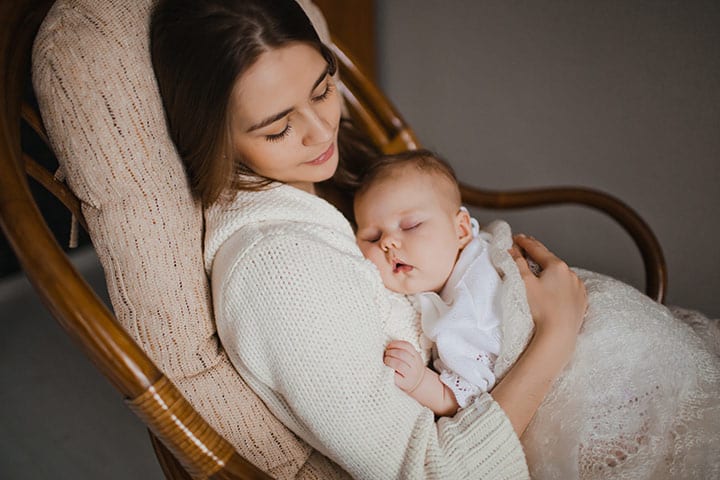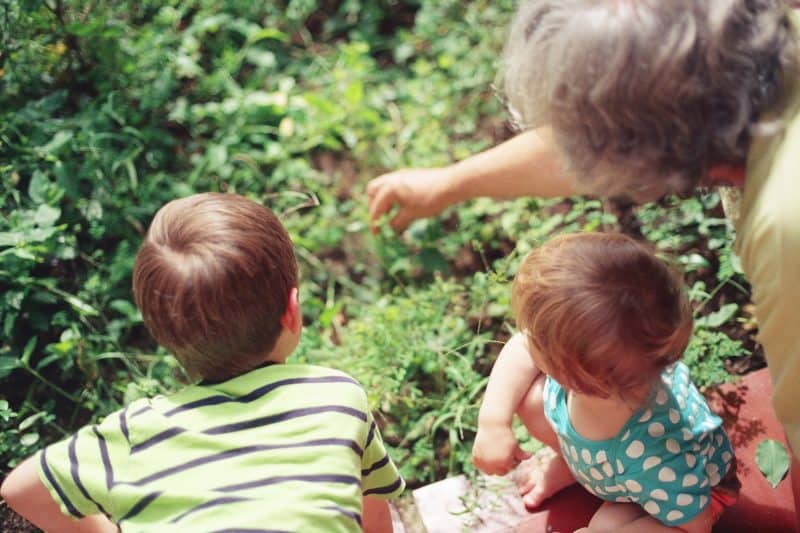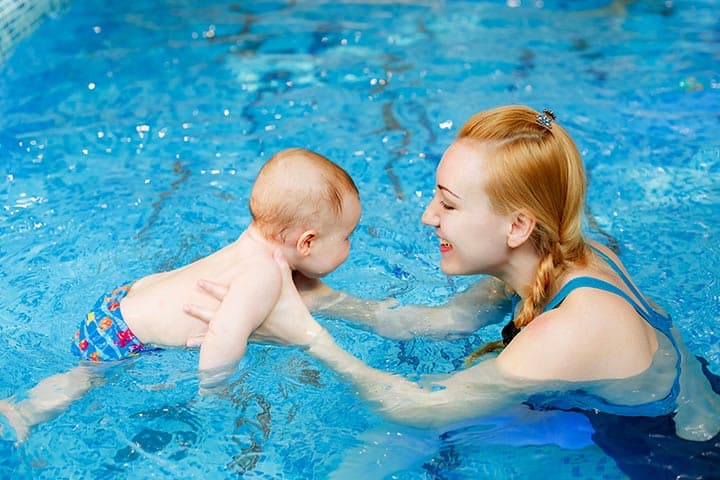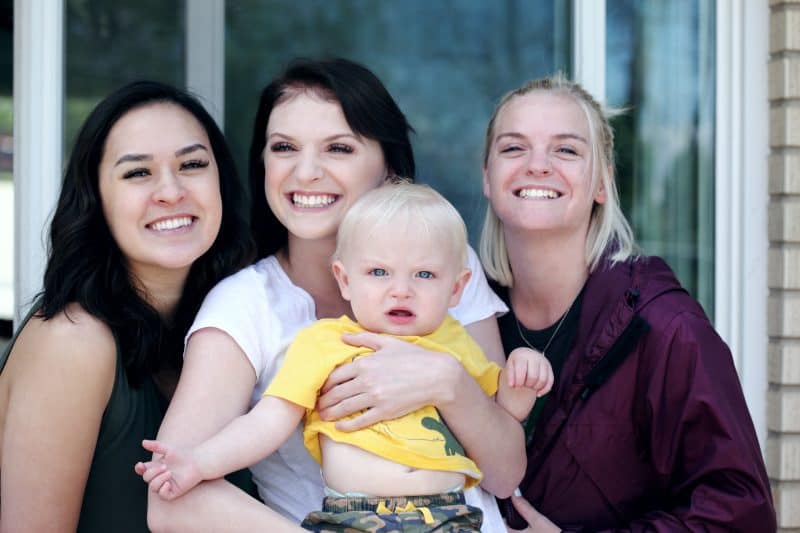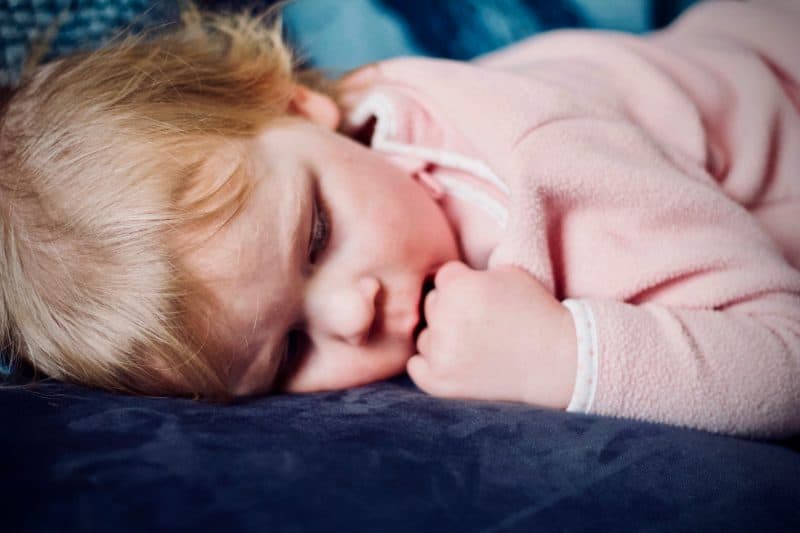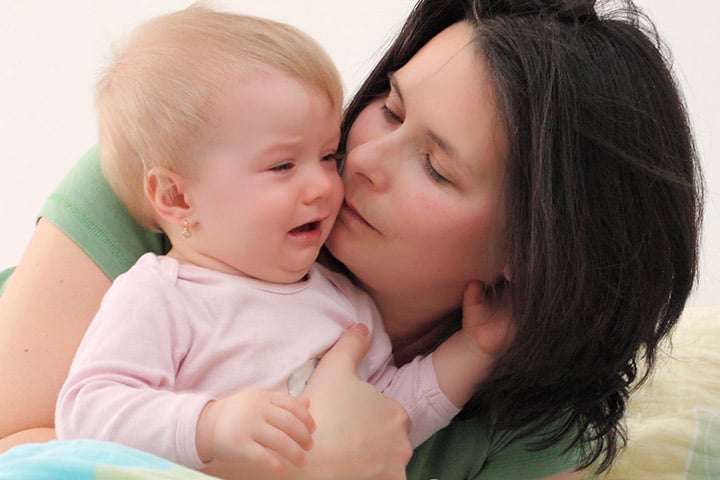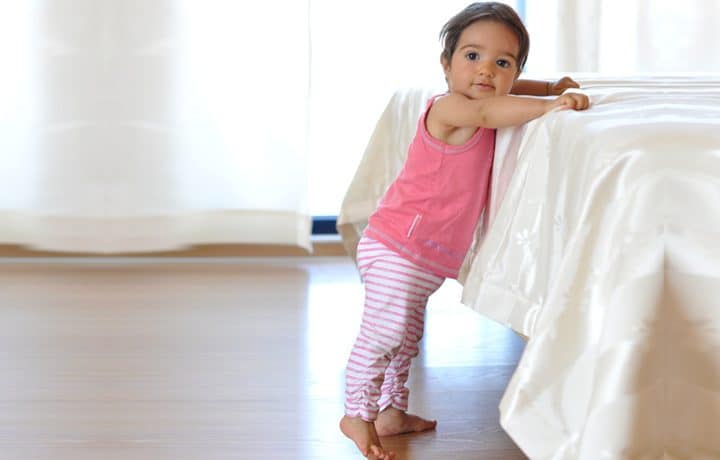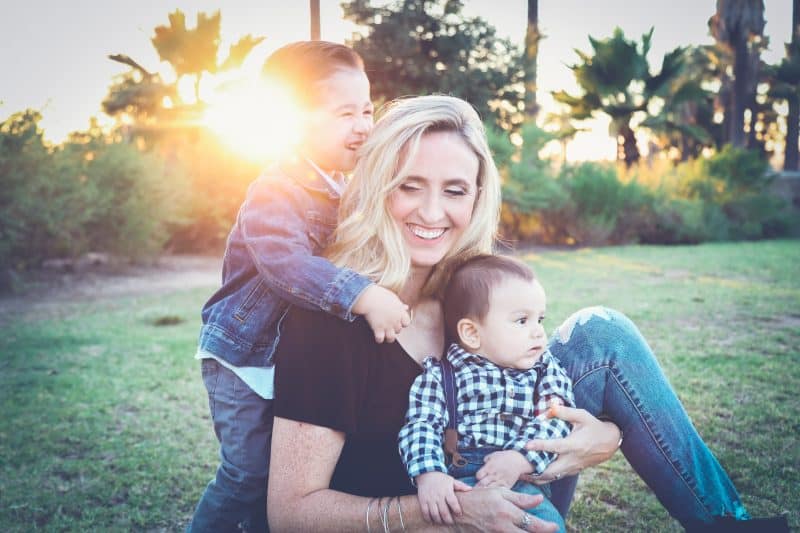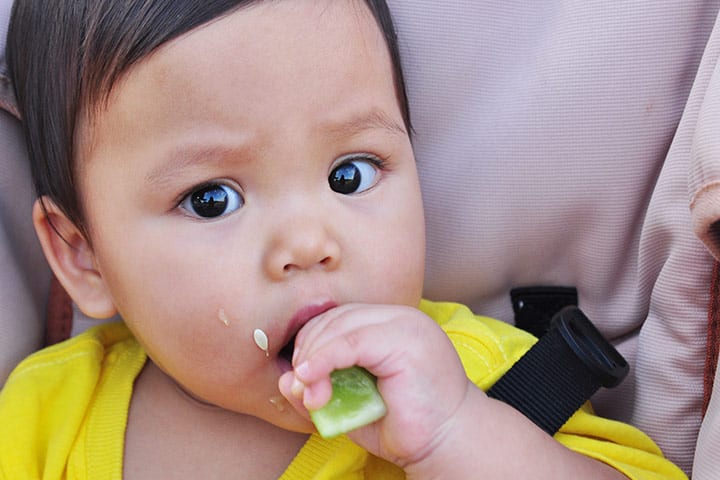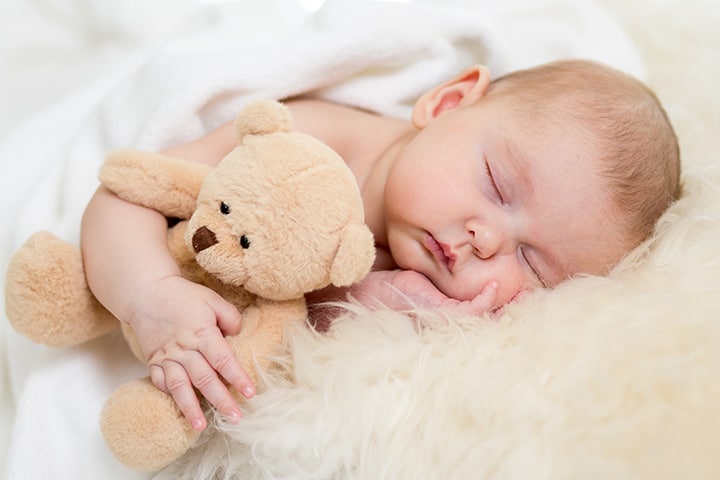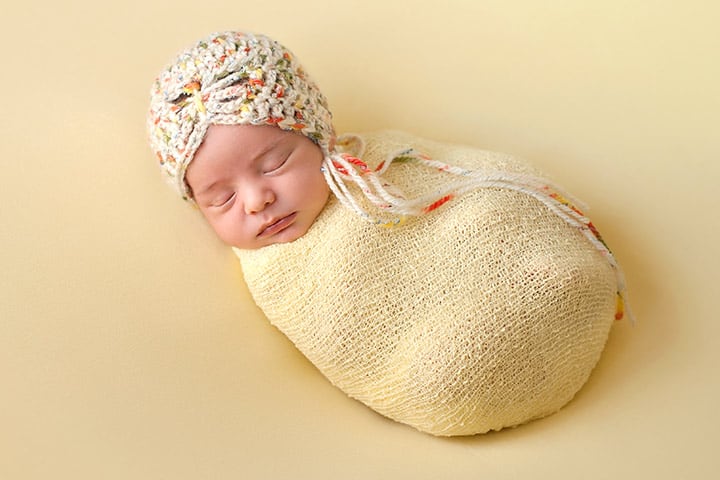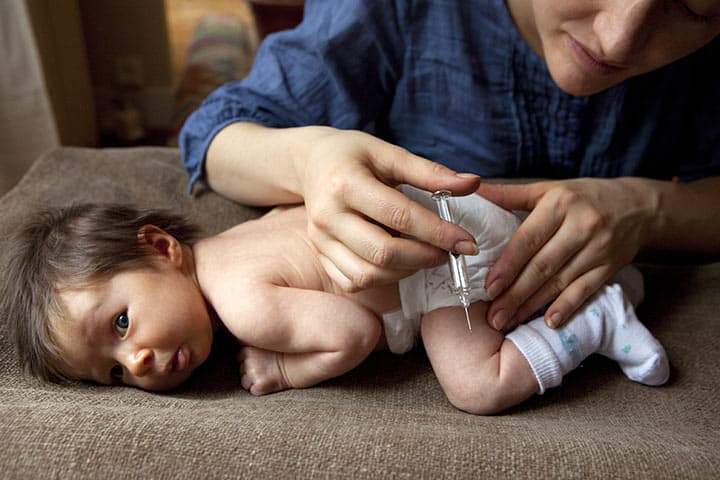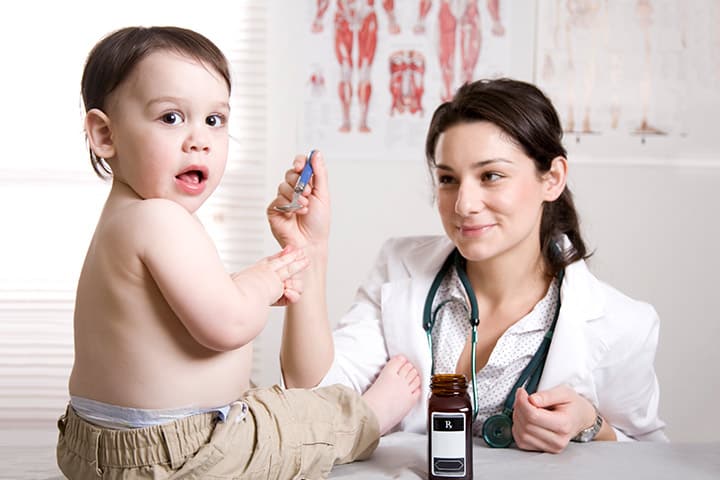Congratulations! You are blessed with a cute little baby.
During the first few months after birth, everything that he does seems so adorable and cute. Another happy moment soon follows, when you spot the first little teeth coming up! Your baby will undoubtedly look even more adorable as his tiny little teeth start erupting. As a parent, it is important for you to understand and take proper care of his teeth.
Cleaning your baby’s gums before the arrival of teeth is also vital, as it then transforms into a daily routine and helps easy transition into brushing later on. It is impossible to detect when dental decay can occur, so starting early oral hygiene is often the best way to prevent it.
Generally, teething occurs in babies at around six months of age, and sometimes, it may not appear till nine months of age, which is nothing to worry about. Every baby is different and grows at its own pace – sooner or later your baby will start developing teeth. A healthy set of teeth is very important for your baby as without them, your kid will not be able to chew food and speak properly.
There are some important points you need to keep in mind when it comes to how to brush baby teeth and also to ensure good dental care of your baby- and that’s what we’ve explained here.
Your Baby’s First Visit to the Dentist:
Generally, you should visit the dentist with your baby by the first birthday. Yes, your baby should have the first dentist appointment at around the twelfth month.
The dentist will suggest various oral hygiene techniques. Your dentist will explain how to help your baby with teething and how you can introduce the concept of brushing to your baby. Your dentist will also tell you whether your baby can start using toothpaste and recommend some good toothpaste for your little one.
Start With The Gums:
Even before your baby’s first tooth appears, it is important to take care of the gums. Initially you don’t need a toothbrush or toothpaste to do so. To ensure you are cleaning your baby’s gums properly, follow these steps:
- Take a soft handkerchief or washcloth and moist it with drinking water.
- Wrap this cloth around your index finger.
- Now gently wipe your baby’s gums at least twice a day (make sure you are not applying too much pressure as it can hurt your baby’s gums).
- Alternatively, you can buy a finger toothbrush that is made of a soft rubbery material.
- Do this after mealtime and before bed time.
- This will help set the tone for a brushing routine later.
Doing this will remove the bacteria from your baby’s gums. Bacteria often leave behind a sticky plaque. This can be damaging to your baby’s teeth as they start to protrude out of the gums.
Taking Care of Your Baby’s First Tooth:
You may think that it is okay to not care much for your baby’s teeth as these will eventually fall off. But these first teeth actually help preserve the spacing. These also help your baby chew the food and help in talking properly. If you do not take care of your baby’s first teeth, it can lead to tooth decay. This will lead to germ build-up, leading to further damage.
How and When To Brush Your Baby’s Teeth:
You should start taking care of your baby’s teeth from the moment they appear. This will vary from baby to baby. While some babies will get their first tooth around the fifth month, some may get it later or earlier. Some babies are even born with a pearly!
- When you see primary teeth, you must start using a toothbrush, especially those designed for babies. A baby brush comes with a small head, soft bristles and an enough large handle to make it easy for the babies to hold it.
- Around the age of one, you can start brushing your baby’s teeth using toothpaste. Just take out a pea-sized amount of non-fluorinated toothpaste and gently brush them. You can wait till your baby turns two, so as to use fluorinated toothpaste.
- Using small and gentle circular movements, brush your baby’s teeth concentrating on the areas where the gums and the teeth meet. Make sure you brush your baby’s teeth gently as the gums are tender during teething and may get hurt due to vigorous brushing.
- Make your baby spit out the toothpaste after the brushing is done and then gently rinse the mouth.
If your baby does not like to get his teeth brushed, let him hold the brush-his way, he will feel more in control.
If your baby is rather active, you can use the toothbrush while baby is lying down on a safe surface. A good way to start doing this is on the bed. Once your baby gets accustomed to the routine, you may gradually move on to the bathroom.
Replace your baby’s toothbrush every three to four weeks. In case the bristles look chewed or damaged, replace it immediately.
Do I Need To Use Toothpaste?
No, you don’t need toothpaste to brush your baby’s teeth in the first few years. Brushing is enough to remove any build-up and prevent decay. If you still want to introduce toothpaste, use ones that are meant for infants. These will have minimal amount of fluoride. Do check with your baby’s doctor on which toothpaste to chose.
Before you introduce the toothpaste to your baby, it is important your baby knows about brushing. Let your baby practice for a few weeks. Once the brushing is over, gently massage your baby’s gums. Also ensure you wash your baby’s mouth, both from the inside and outside.
Choosing the Right Toothpaste:
Toothpastes for babies are different from that of adults; make sure you choose them with utmost care.
- Fluoride is an active constituent of toothpaste which prevents tooth decay. Excess amount of this chemical can be harmful for babies, which is why, it is important to know what amount is best for babies at a particular age.
- If your baby is under three years of age, you must brush his teeth using toothpaste containing lower fluoride levels. That is around 1000ppm (parts per million) of fluoride.
- If your kid is above three years of age, you can brush his teeth using toothpaste containing fluoride levels that range between 1350ppm – 1500ppm. Using toothpaste that exceeds this level of fluoride can be harmful. This may lead to damage teeth, spotting and sometimes vomiting and diarrhea.
- If your baby has a habit of swallowing toothpaste, you can try switching your toothpaste brand and check if your baby stops his habit. You need to choose toothpastes that contain 550ppm or less levels of fluoride.
Other Ways to Protect Your Baby’s Teeth:
Apart from brushing, there are some other important points that need to be kept in mind for protecting your baby’s teeth from decaying. They are as follows:
- Avoid feeding your baby with sugary foods; particularly foods that contain artificial sweetening agents. Restrict consumption of sweet foods to mealtimes only. Sugary foods should be limited to not more than four times per day.
- When choosing for snack between meals, you can go for vegetables and cheese or other non-sugary foods.
- Bottle milk generally causes tooth decay- choose to offer breast milk or formula milk.
- Flavored milk, fruit juices, squashes and other fizzy drinks should be avoided so as to prevent gum and teeth decaying.
- Try to inculcate the habit of drinking using a small glass when your baby reaches six months of age. It’s better to discourage drinking from bottle after your baby turns one.
- Provide a healthy and balanced diet to your baby and avoid offering processed and packaged foods like noodles, pasta and chocolates.
We hope our simple guide on tips for baby brushing teeth sought out your worries and help you prevent your precious baby’s teeth from decaying. Always remember that your little one is growing fast and needs proper attention at every stage of his growing days. Maintaining a proper approach will allow you to give good health and happiness to your bundle of joy!
At what age did you introduce your baby to brushing? Was your baby interested or was it difficult initially to teach? Did you use toothpaste for your baby or just water? Do share your tips on how you have been taking care of your baby’s first teeth.

